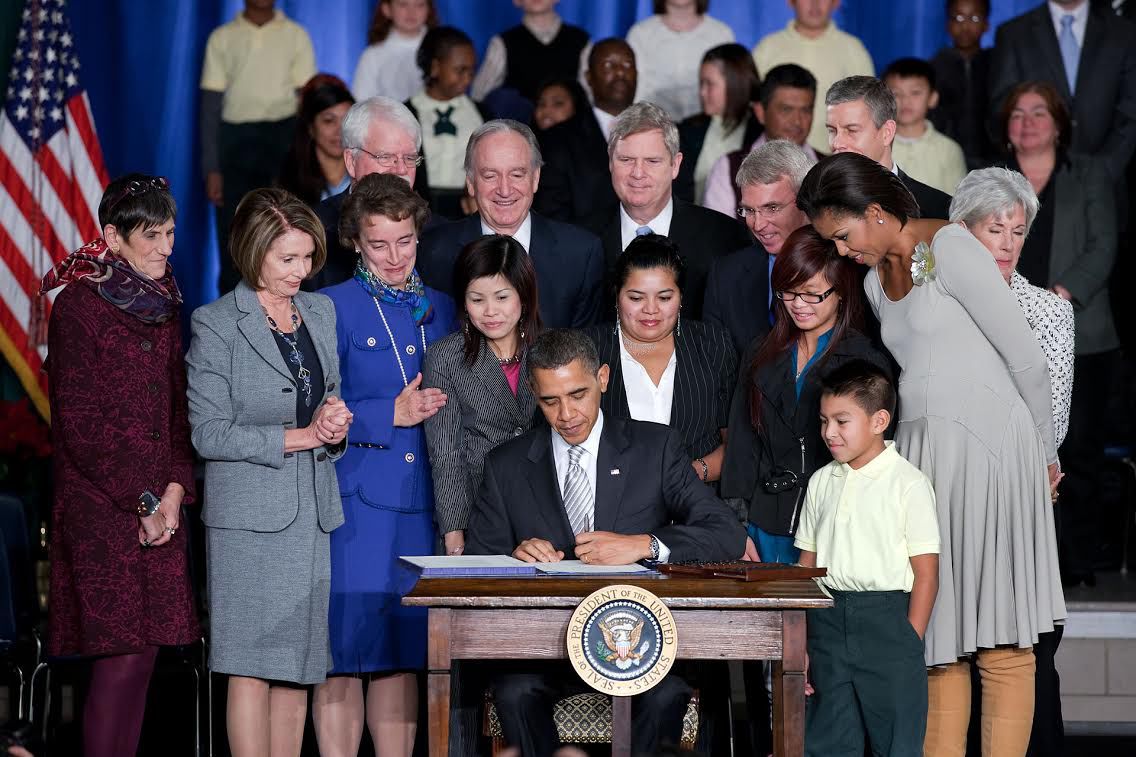The Art of the Interview … and the Ku Klux Klan
August 3, 2016
Yes, students get free lunch in 2016
August 3, 2016Henri Nouwen, (1932–1996) was a Dutch Catholic Priest, professor, writer and theologian. His interests included psychology, pastoral ministry, spirituality, social justice and community. I had the opportunity to hear Nouwen talk at various religious conventions.
After teaching at the University of Notre Dame, Yale Divinity School and Harvard Divinity School for two decades, Nouwen went on to work with mentally and physically disabled people at the L’Arche Daybreak Community in Richmond Hill, Ontario. He lived a simple life. His small room had a single bed, one bookshelf, and a few pieces of Shaker-style furniture. The walls were unadorned except for a few religious symbols. There he found peace.
Nouwen looked after a young man named Adam. He often brought Adam to his talks. Adam was unable to talk or dress himself. He was profoundly retarded. He would drool and grunted loudly a few times when Nouwen was speaking.
Nouwen spent nearly two hours a day preparing Adam – bathing and shaving him, brushing his teeth, combing his hair, guiding his hand as he tried to eat breakfast. These simple, repetitive acts had become for him almost like an hour of meditation.
Was this the best use of a busy, talented priest’s time? When asked this question, Nouwen responded, “I am not giving up anything. It is I, not Adam, who gets the main benefit from our friendship. . . . The goal of education and formation for the ministry is continually to recognize the Lord’s voice, his face, and his touch in every person we meet.”
He admitted that the messiness of caring for an uncoordinated person did not come easily. Yet he had learned to love Adam. In the process he had learned what it must be like for God to love us who are spiritually bumbling, retarded, able to respond with what must seem to God like inarticulate grunts and groans. Working with Adam had taught him humility and the ability to empty himself.
Nouwen recognized himself as The Wounded Healer that he wrote of early in his career: those able to bring healing to others while acknowledging personal wounds. His spiritual breakthrough came when he drew too close to a member of his spiritual community that led to his published journal, The Inner Voice of Love, in which he realized that people will try to hook you in your wounds, and “dismiss what God, through you, is saying to them.”
Nouwen’s writings are clear. For example, “Choices make the difference. Two people are in the same accident and severely wounded. They did not choose to be in the accident. It happened to them. But one of them chose to live the experience in bitterness, the other in gratitude. These choices radically influenced their lives and the lives of their families and friends. We have very little control over what happens in our lives, but we have a lot of control over how we integrate and remember what happens. These spiritual choices determine whether we live our lives with dignity.”
Another example, “Many voices ask for our attention. A voice says, ‘Prove that you are a good person.’ Another voice says, ‘You’d better be ashamed of yourself.’ There also is a voice that says, ‘Nobody really cares about you,’ and one that says, ‘Be sure to become successful, popular, and powerful.’ Yet underneath all these often very noisy voices is a still, small voice that says, ‘You are my Beloved, my favor rests on you.’ That’s the voice we need most of all to hear. To hear that voice, however, requires special effort; it requires solitude, silence, and a strong determination to listen. That’s what prayer is. It is listening to the voice that calls us ‘my Beloved.’” •




